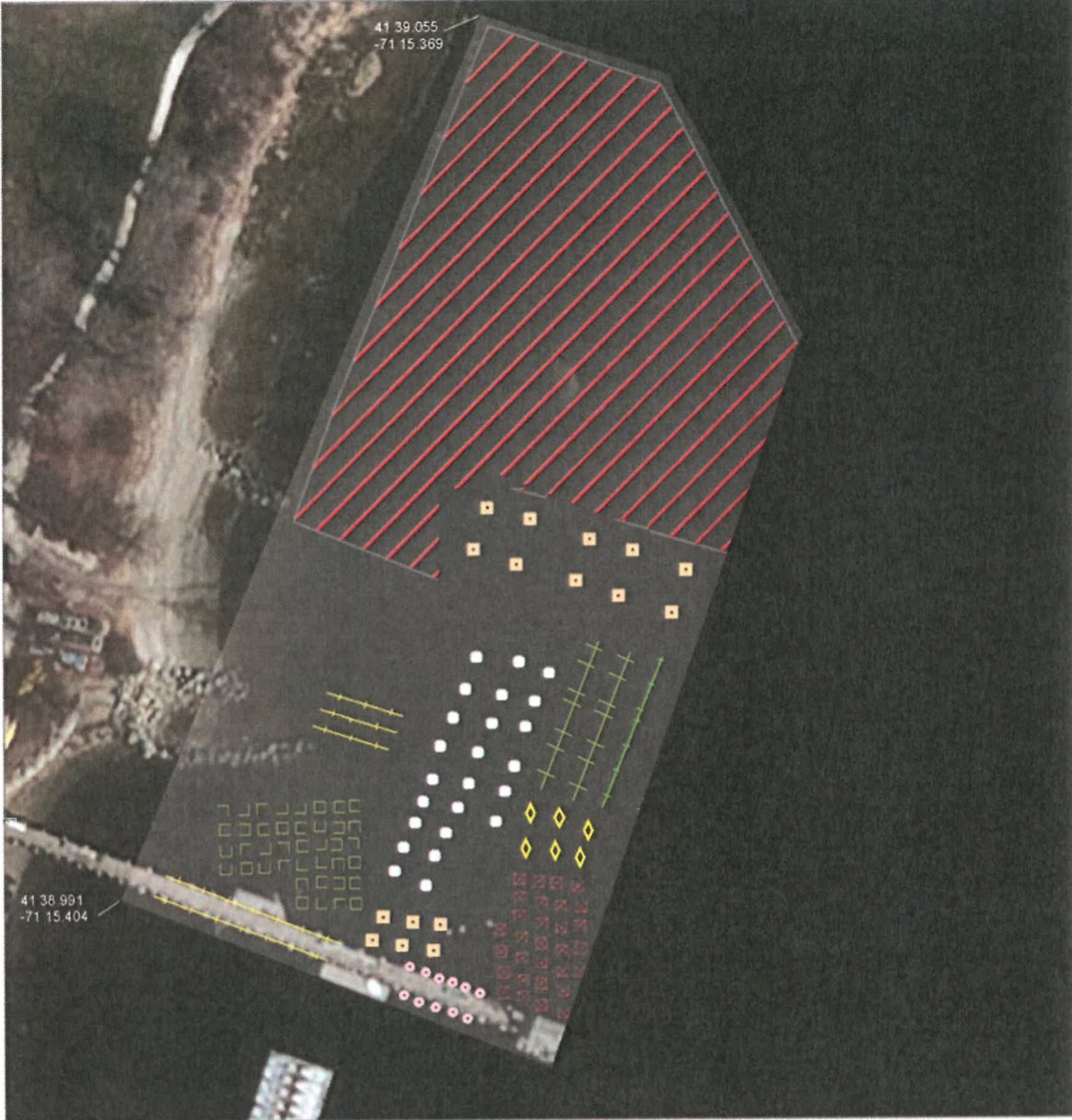RWU seeks permit for experimental aquaculture farm in Mt. Hope Bay
The Coastal Resources Management Council (CRMC) is considering an application from Roger Williams University, seeking to establish an experimental aquaculture farm just off the shore of their campus, on the western side of Mt. Hope Bay.
This item is available in full to subscribers.
Please log in to continue |
Register to post eventsIf you'd like to post an event to our calendar, you can create a free account by clicking here. Note that free accounts do not have access to our subscriber-only content. |
Day pass subscribers
Are you a day pass subscriber who needs to log in? Click here to continue.
RWU seeks permit for experimental aquaculture farm in Mt. Hope Bay
The Coastal Resources Management Council (CRMC) is considering an application from Roger Williams University, seeking to establish an experimental aquaculture farm just off the shore of their campus, on the western side of Mt. Hope Bay.
The most recent effort to develop this facility, led by Timothy Scott, the director of RWU’s Center for Economic and Environmental Development, and Skylar Bayer, Aquaculture Extension Specialist, began in earnest last year with discussions with local stakeholders, including fishermen who use those grounds.
"The farm is something that we've envisioned for a long time,” said Scott. “In fact, we had a permit for one a while back and we've reinvigorated that recently. But we're an instructional facility, and our goal is twofold: to teach our students in the skills of aquaculture, and cover all aspects of shellfish and the shellfish industry.”
Roger Williams hosts one of the country’s most preeminent aquaculture education programs. “I think it's the undergraduate focus that makes us really unique,” said Bayer.
“A fair number of the hatcheries up and down the East Coast are run by our graduates, so we're having some success with that,” said Scott.
They’ve had a successful oyster span hatchery on campus for some time, but that’s just the beginning. The larvae graduate to a well-protected nursery, where upwelling technology forces water from the bottom up, providing natural food and allowing those young oysters to grow rapidly. Then the third phase is to put them out into the the farm where they grow to market size. There's a variety of different techniques that are used by Rhode Island’s more than 80 oyster farms.
“We want to be able to train our students in all aspects of that,” said Scott.
Not for sale
Scott emphasized that RWU does not intend to get into the oyster-selling business.
“We are not a commercial facility; we will not be selling any clams or oysters or anything from our grounds. It wouldn't be fair, honestly — we have some advantage being a university with student labor and we are tax exempt…we would never want to undercut a commercial operation.”
Aquaculture course available to public
It’s not just RWU students who could benefit from this facility.
“We are looking at this for training our students as well as training the public,” said Scott. “Anybody who's interested, we now offer a course in the springtime, Applied Shellfish Farming, and we've had as many as 80 participants….it's a wonderful course to just get your toe wet in terms of how you grow shellfish. We can take people on the farm and show them different technologies that they might be getting involved with, and then of course we want to use it for experimental work and research.”
“Currently, pretty much the only shellfish that is grown in Rhode Island are oysters, and there's so many others out there that could potentially be grown commercially and be economically viable. So if somebody wanted to try to finally figure out how to grow scallops, razor clams or other things that are local, we would now have a facility for research to learn how to do that.”
Kelp and seaweed farming research — something that is up and coming in the northeast — is also mentioned on the application as another potential use.
“I think there's only a handful of farms in Rhode Island right now, but there's a lot of potential for it,” said Scott. “So looking for future grant funded research would be really great. Our hatchery manager has done a little bit with kelp but we could do more of that.”
A resource for the aquaculture industry
“We have a lot of flexibility,” said Scott. “And so we want to be a resource for that industry, not just the aquaculture farms, but also the commercial fishermen. If they have questions about anything, we'd like to be a resource for them as well.”
At a public meeting held last fall, commercial fishermen aired some concerns about the RWU proposal.
“We actually changed the border based on some suggestions by the fishermen,” said Bayer. “We responded to that by making some adjustments to our permit. We want people to be happy with it.”
Interested parties can request a copy of the proposal by emailing CRMC at Cstaff1@crmc.ri.gov.






